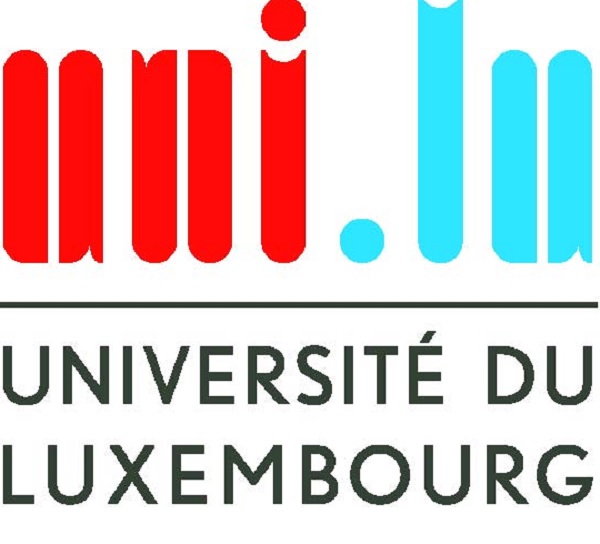
The Alphonse Weicker Foundation and the University of Luxembourg’s Interdisciplinary Centre for Security, Reliability and Trust (SnT) have launched a major long-term research and development programme in the field of FinTech in coordination with BGL BNP Paribas.
FinTech has become an increasingly important area of study for Luxembourg’s position as a financial centre.
Financial service providers globally are facing complex challenges in terms of security and regulation, and by definition FinTech involves the handling of large amounts of sensitive personal and corporate data, making the ability to both ensure and demonstrate that systems are reliable and secure is of critical importance.
Within this context, the partnership will see the SnT working with BGL BNP Paribas in the fields of security risk management, client segmentation, and software testing, to develop new financial instruments.
The collaboration with SnT will allow BGL BNP Paribas to develop innovative solutions that meet their customers' requirements and expectations. For the SnT, the fundamental insights generated in this collaboration will be published in top-tier, peer reviewed publications.
Kik Schneider, Chairman of the Alphonse Weicker Foundation welcomed the new partnership.
“This is indeed a great and promising partnership! The Alphonse Weicker Foundation will rely upon SnT’s FinTech research expertise to cope with the needs of the bank in the fields of security, customer behaviour and data management,” he said.
Led by professor Lionel Briand, SnT’s software verification and validation Lab, will explore the mining of security patterns from repositories of past IT projects. Meanwhile, the SnT’s Security Reasoning and Validation Research Group (SerVal), headed by Professor Yves Le Traon, will work with BGL BNP Paribas on two R&D projects.
"In the field of software testing, the group will explore the use of advanced data analytics, allowing the system to learn from past and current projects in anticipating the location of defects. The group’s second project will involve the use of machine learning to allow detailed client segmentation based on investor behavior rather than other more usual criteria. The system will offer dynamic investment proposals, performing what-if analytics in real time.








